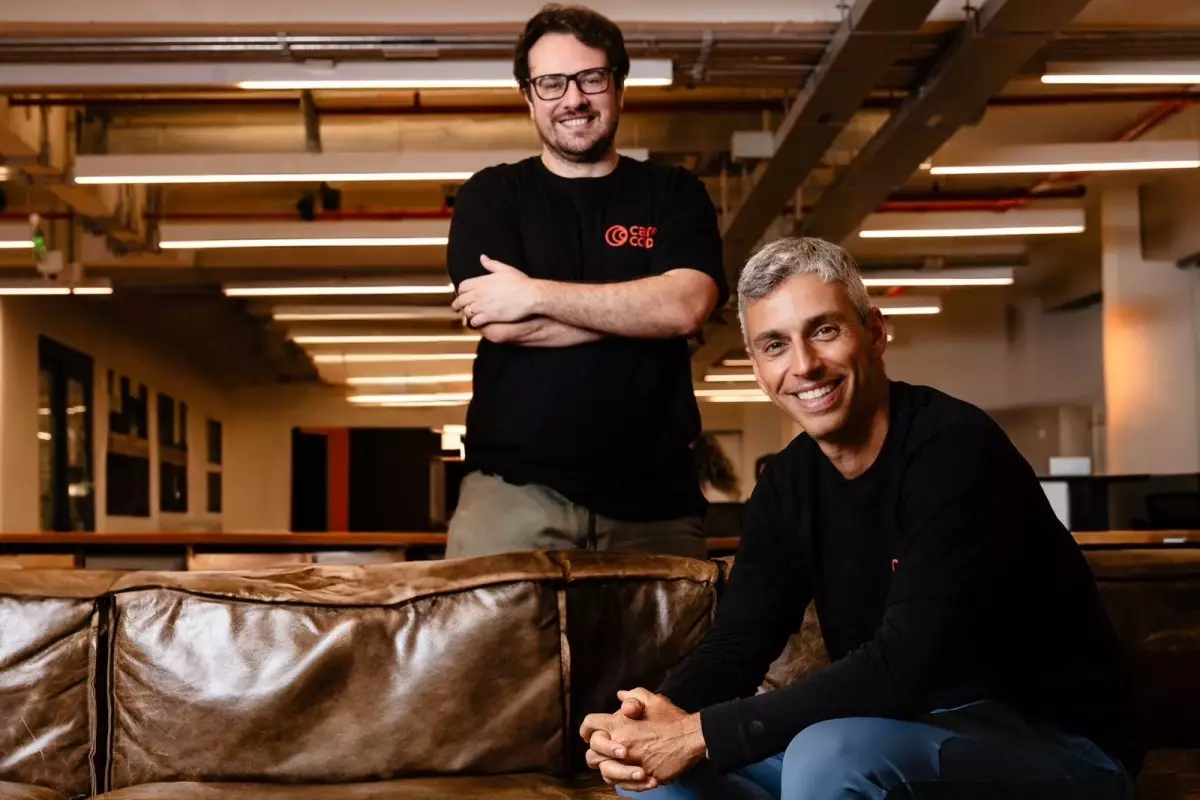The intersection of artificial intelligence (AI) and healthcare is a burgeoning field, ripe with opportunities for innovation. Carecode, a Brazilian startup operating in stealth mode, emerges as a noteworthy contender in this arena. With an ambitious vision focused on streamlining processes surrounding medical appointments, Carecode aims to alleviate the administrative burdens that often plague healthcare providers and patients alike. The company’s innovative approach highlights the potential of AI beyond clinical applications, demonstrating that intelligent systems can enhance the entire healthcare ecosystem.
Traditional views of healthcare often emphasize the importance of the interaction between a patient and a medical professional. However, CEO Thomaz Srougi points out that the interactions surrounding those core episodes are equally vital. Having spent over a decade in the medical field, Srougi recognized the challenges inherent in administrative tasks like appointment scheduling and patient follow-ups. By shifting focus to these often-overlooked aspects of healthcare, Carecode seeks to revolutionize not only patient experiences but also healthcare outcomes as a whole.
This visionary standpoint opens up new vistas for improving efficiency and communication. For many organizations, maintaining a robust call center is a costly endeavor. Carecode proposes that AI agents can handle most of these interactions at a fraction of the cost while proactively managing appointment cancellations and rescheduling, thus further optimizing healthcare systems. Such innovations promise not only to reduce costs but also to enhance the overall patient experience.
A critical factor determining the success of any startup is the caliber of its leadership and the strength of its financial backing. Carecode’s founding team is no ordinary assembly of entrepreneurs. Srougi has already built a successful medical services provider, Dr. Consulta, which secured substantial funding in its ascent. His extensive network and profound understanding of the healthcare industry lend Carecode a competitive edge.
The pre-seed round of $4.3 million that Carecode secured, primarily from illustrious investors like a16z and QED, underscores the confidence that the venture capital community has in Srougi and co-founder Pedro Magalhães. Their presence is particularly significant during a period characterized by what’s often referred to as “startup winter” in Latin America. Despite a challenging funding environment, Carecode’s ability to attract investment speaks to entrepreneurs’ unwavering potential when guided by proven leaders with visionary ideas.
Another defining feature of Carecode is its commitment to localization. Understanding the cultural and technological fabric of Brazil, the startup utilizes communication platforms that resonate with the local population. For instance, WhatsApp is the primary medium for patient interactions, allowing Carecode to meet users where they already engage. This flexibility distinguishes Carecode from U.S. counterparts while enhancing usability for seniors and low-income groups who may prefer voice messages or simple audio communication over typed messages.
The structural differences in how Carecode operates compared to American AI healthcare startups reflect an insightful approach to solving unique market challenges. By recognizing that user comfort drives engagement and satisfaction, Carecode is setting the stage for a healthcare solution that could serve as a blueprint for other emerging markets.
Carecode’s strategy of pursuing a vertical-focused model represents a nuanced understanding of market dynamics. By addressing the specific needs of the healthcare industry in Brazil, the startup positions itself as a specialist rather than a generalist provider. QED partner Camila Vieira Fernandes highlights the pitfalls of horizontal approaches that often lead to fragmentation, resulting in suboptimal customer experiences. In the context of Brazil, where healthcare organizations spend a staggering 50% of their revenue — approximately $100 billion annually — on administrative costs, pinpointing these inefficiencies is both strategic and necessary.
However, while a vertical model presents advantages, there are also inherent limitations. Market size and scope can be future considerations for scalability. Nevertheless, Srougi envisions potential expansions into related sectors such as insurance and fintech, demonstrating a forward-thinking approach that maintains focus on healthcare’s core principles.
Carecode’s journey encapsulates the larger narrative of innovation within healthcare. As AI technologies evolve, the potential for intelligent systems to revolutionize patient care extends far beyond clinical applications. Yet, the landscape is fraught with challenges — from regulatory hurdles to technological integration — that will require astute navigation. As the startup refines its AI capabilities and expands its collaborations, it stands poised to leave a significant imprint on the healthcare sector.
Carecode is not merely a tech company; it is a reflection of how innovation can redefine healthcare interactions in Brazil and beyond. With committed leadership, informed strategies, and a keen understanding of local needs, Carecode is positioned to not only impact administrative processes but also contribute significantly to patient outcomes in the evolving world of healthcare.

